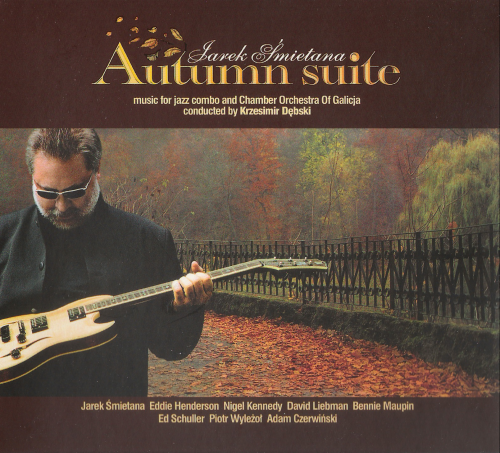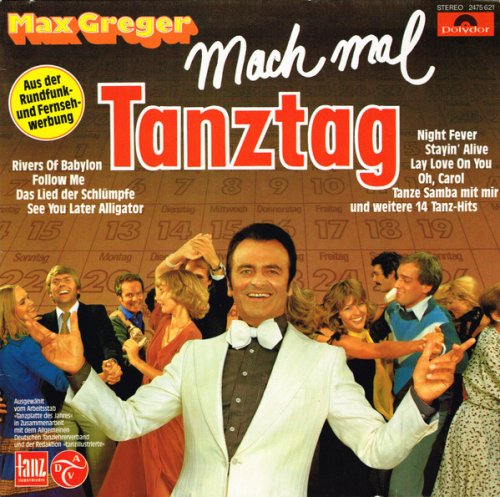Jasmine Guffond - Degradation Loops (2018)
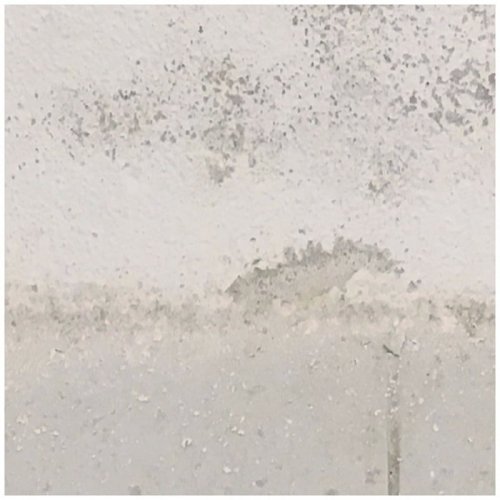
Artist: Jasmine Guffond
Title: Degradation Loops
Year Of Release: 2018
Label: Karlrecords – KR059
Genre: Ambient, Experimental
Quality: lossless (tracks)
Total Time: 30:31
Total Size: 218 mb
WebSite: Album Preview
TracklistTitle: Degradation Loops
Year Of Release: 2018
Label: Karlrecords – KR059
Genre: Ambient, Experimental
Quality: lossless (tracks)
Total Time: 30:31
Total Size: 218 mb
WebSite: Album Preview
1. Degradation Loops #1
2. Degradation Loops #2
3. Degradation Loops #3
4. Degradation Loops #4
5. Degradation Loops #5
6. Degradation Loops #6
7. Degradation Loops #7
Jasmine Guffond follows from her memorably exquisite ‘Traced’ LP for Sonic Pieces with the multi-timbral iridescence of ‘Degradation Loops’ for Karl Records - plotting an increasingly obfuscated descent into the grain and ether of processed field recordings and electronics, documenting a 16 day process of sonic destruction created for an art exhibition.
““Degradation Loops” started out as a sixteen day long composition for an exhibition at Sydney gallery 55 in December 2016. Literally using the ‘degrade’ object from the MaxMSP programming software, she gradually and completely bit crushed her 2015 album ‘Yellow Bell’. A process of sonic destruction unfolded in response to a group show where visual artists destroyed and reassembled their work, to create new work, and to question the dominance of commercial imperatives within art.
in “Degradation Loops” the sampling rate and bit depth of the audio signal is step by step, gradually, and completely reduced. The algorithmic unraveling of these tracks renders them increasingly discordant and unpredictable as time passes. Using intricate and highly articulate audio loops from an existing authored work, sound gradually becomes noise. Beauty is broken down allowing another type of beauty to emerge. By deliberately deconstructing the audio signal of otherwise highly deliberative compositions, “Degradation Loops” speaks to a contemporary audio realm where principles of High Definition dominate, in an overall musicscape preconceived as uniform. An industry standard sampling rate of 44.1kHz, and a bit rate of 16 was established by Philips and Sony with the Compact Disc format in 1982. At the time this became an encoding standard by which to communicate, listen, and make music.”
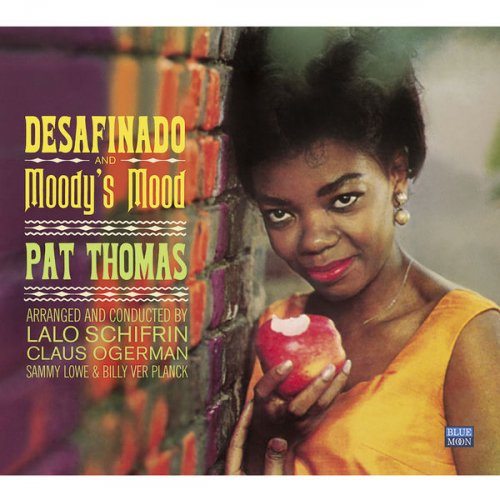
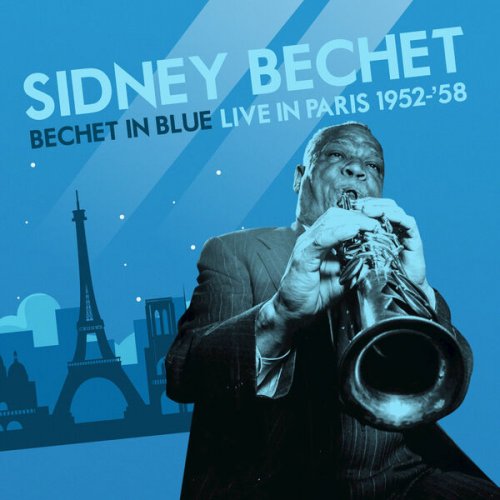
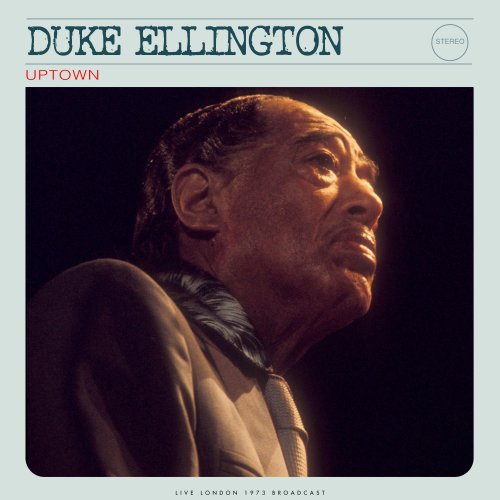
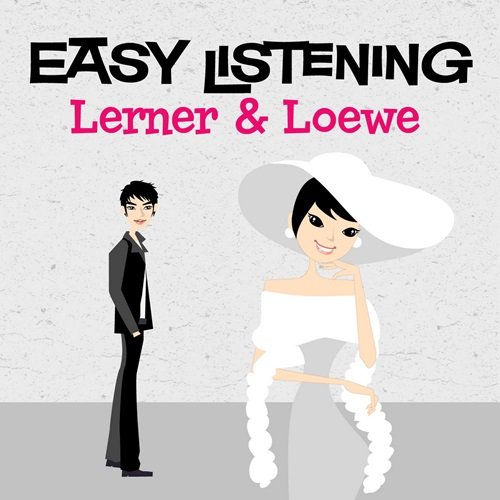
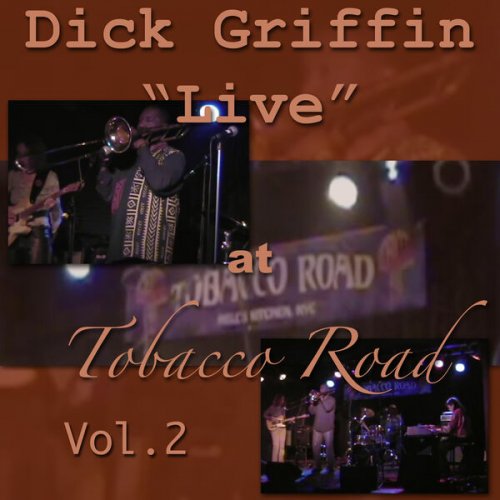
![Palle Mikkelborg, Claus Ogerman, Thomas Clausen Trio, Singapore Symphony Orchestra & Jean Thorel - Symbiosis · Tribute to Bill Evans (2026) [Hi-Res] Palle Mikkelborg, Claus Ogerman, Thomas Clausen Trio, Singapore Symphony Orchestra & Jean Thorel - Symbiosis · Tribute to Bill Evans (2026) [Hi-Res]](https://www.dibpic.com/uploads/posts/2026-01/1768323882_folder.jpg)
